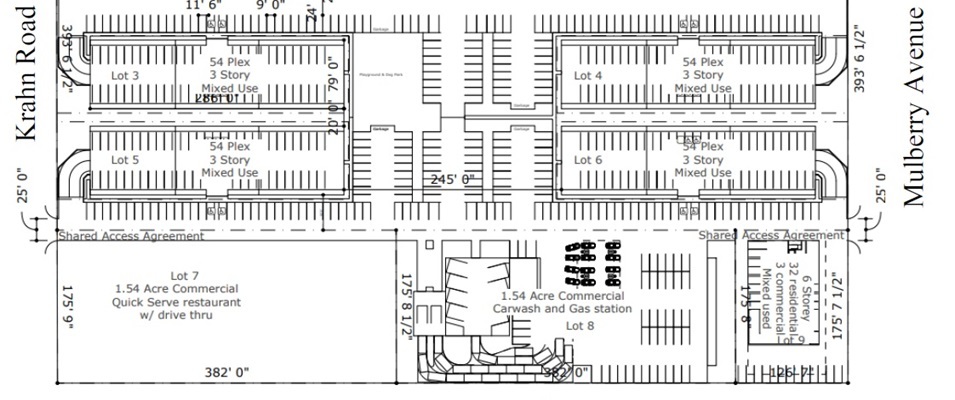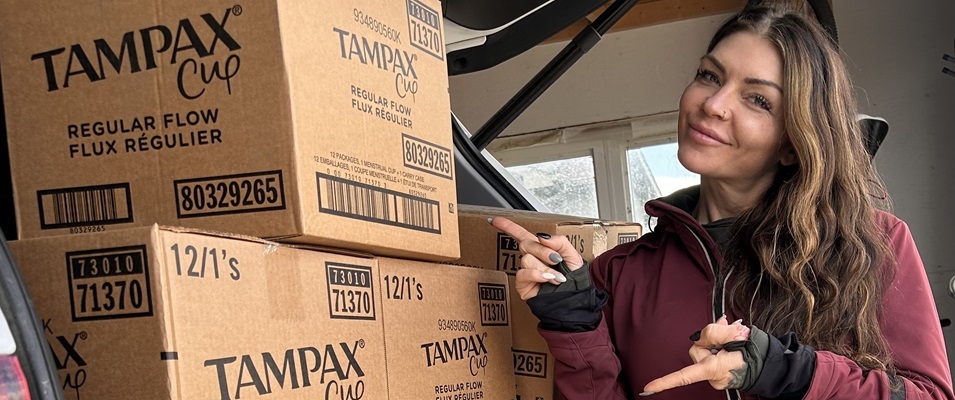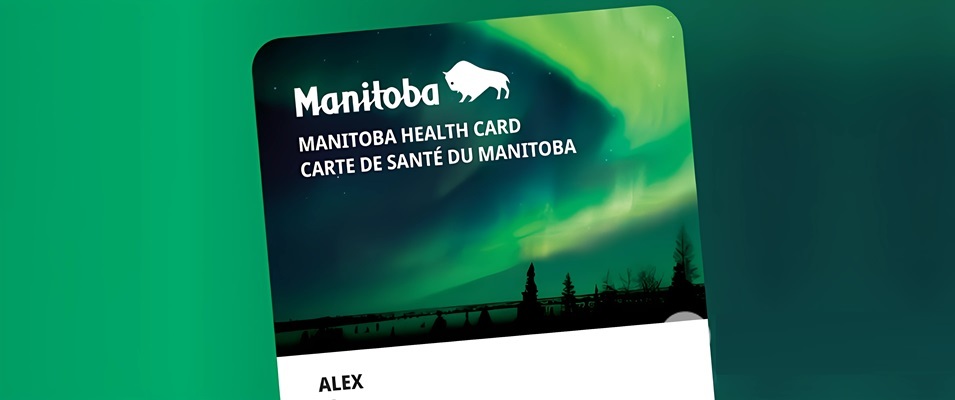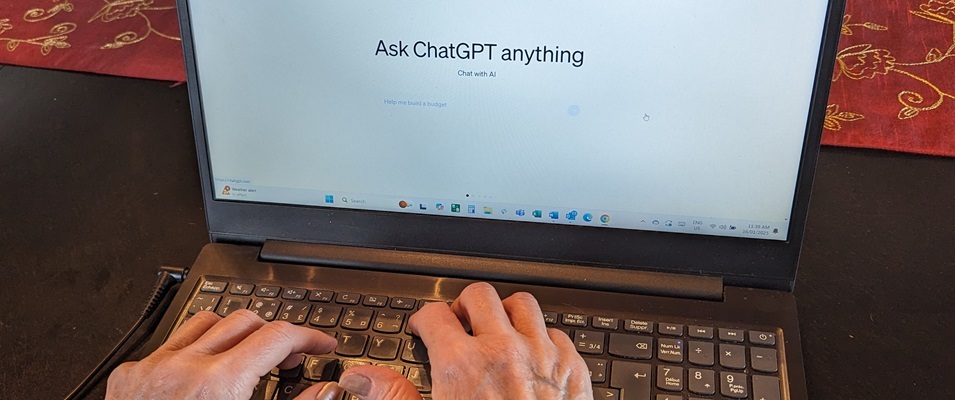Compost is a gardener’s gold. It acts as a fertilizer for garden beds and won’t burn plants like chemical fertilizers. Adding it to your garden will improve the overall texture of the soil, allowing it to retain and drain water better.
The four elements of good compost are: heat, nutrient mix, oxygen, and moisture. The nutrient mix refers to the balance of carbon and nitrogen.
You can feed your compost bin two main types of organic materials: greens and browns. Greens are high in nitrogen and described as “wet.” Browns are “dry” materials and high in carbon. Try to maintain a balance weight of 50/50 greens to browns. Since greens are typically heavier, you should add two to three buckets of browns for every bucket of greens.
Green materials include vegetable and fruit scraps, coffee grounds and filters, tea bags and leaves, fresh grass clippings, and plant trimmings from your garden and houseplants. Brown materials include dry leaves, straw and dry hay, woodchips and sawdust from untreated wood, dried grass clippings, shredded paper, egg and nut shells, hair, feathers and animal fur, and shredded paper.
Do not compost meat, fish, eggs, dairy products, oily foods or grease, bones, pet waste, diseased plants and plant seeds, or anything treated with pesticides.
To compost, chop your materials into small pieces, helping them to break down faster. Use a mulching lawnmower for finer grass clippings. Keep a pail or box of brown material near the compost bin and cover your layer of green material with a layer of brown material to cut down on flies and odours. When composting whole plants, remove seed heads and seed pods. If possible, avoid adding roots of plants that could generate a whole new plant.
Stir the compost every two weeks. Stirring adds oxygen to the mix and moves fresh nutrients to the centre. The middle of a compost pile should be 57 to 65 degrees Celsius. The higher the heat, the faster the materials break down. Using a black bin located in direct sunlight speeds the heating process.
Each time you stir the compost, check the moisture level. The compost should be moist like a damp sponge. If the contents are too dry, it will take too long to compost. If too wet, the contents may begin to smell. Locating your bin near a water hose makes watering easy. Covering the bin with a tarp helps it to retain moisture longer.
Think of your compost bin as a pet. It shouldn’t be neglected and it needs to be fed a nutritious diet for optimum health. Happy composting!




















